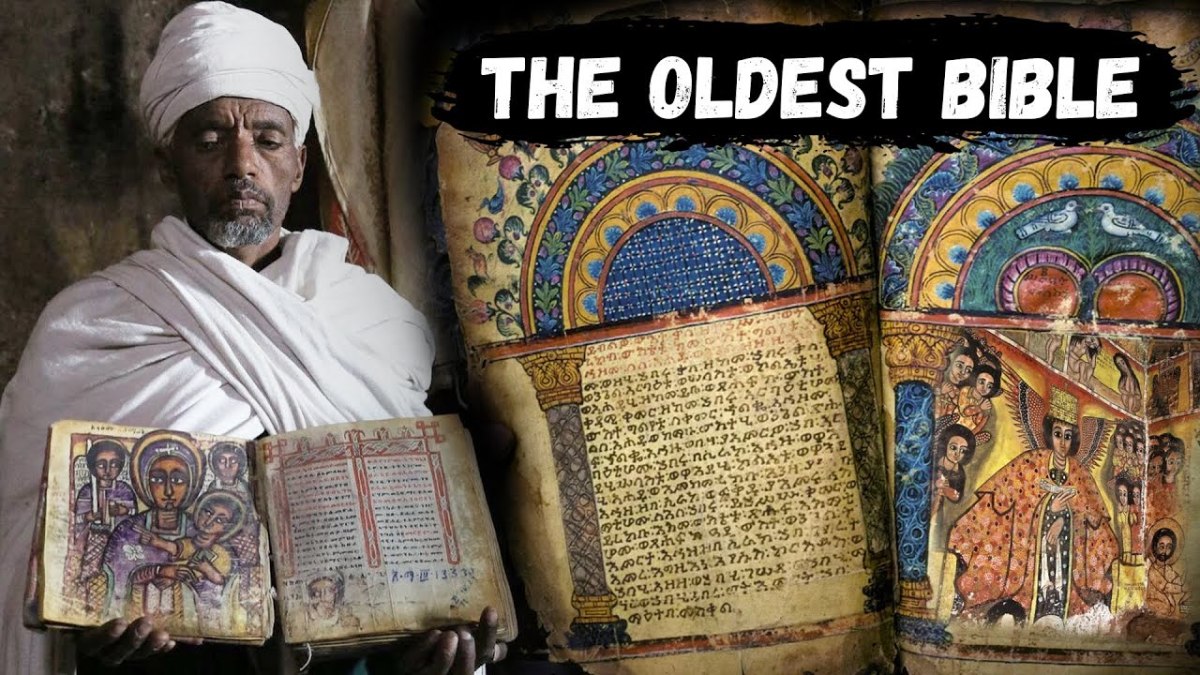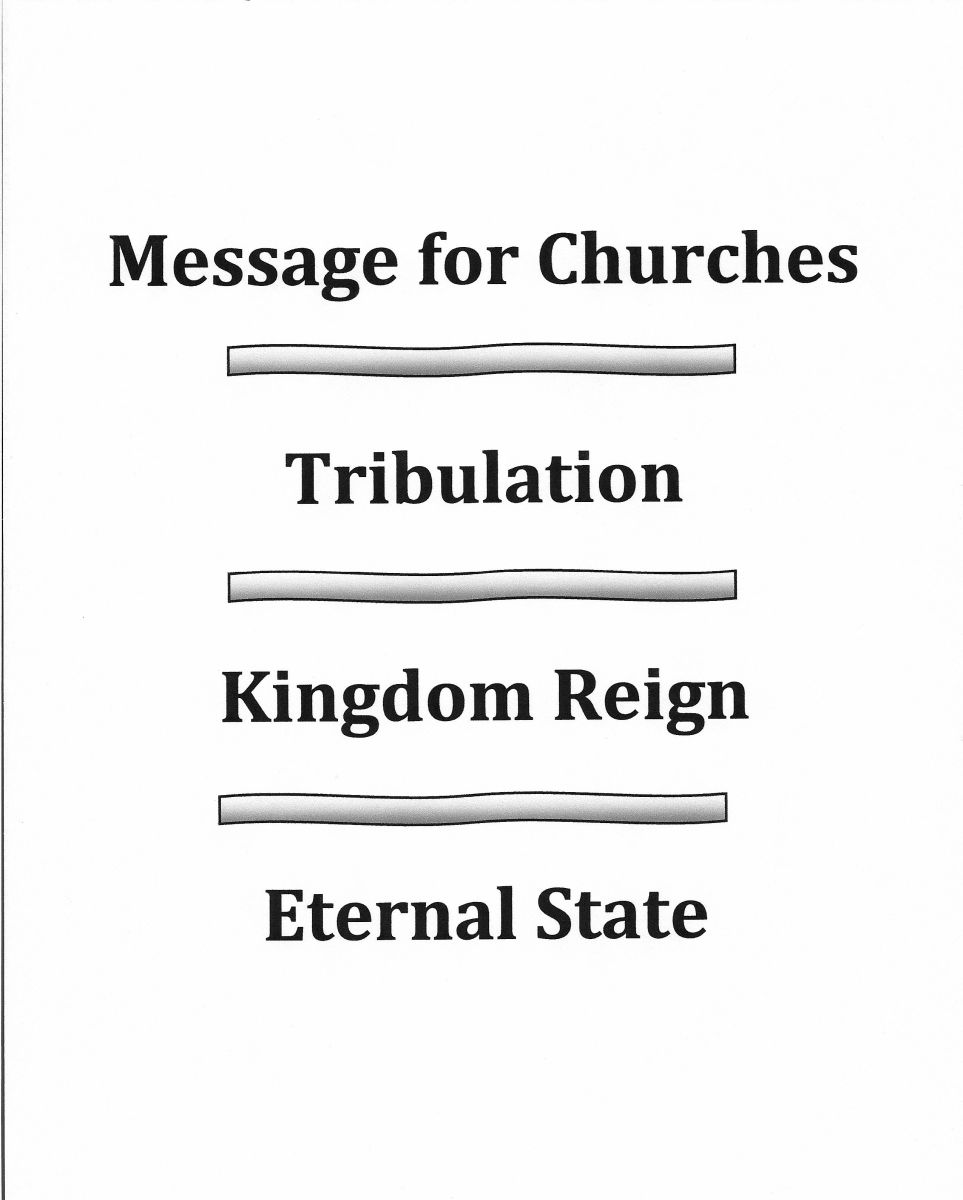The Meaning of Psalm 23
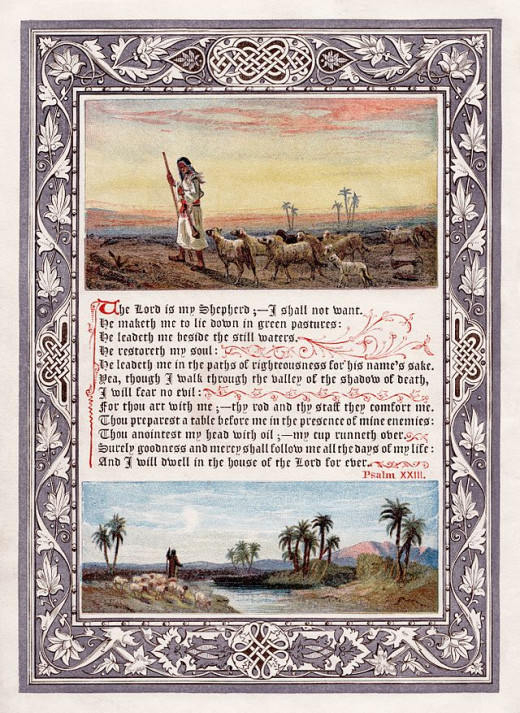
Introduction
Many people have found strength and comfort in the message of Psalm 23. It is indeed the most familiar of psalms. Bernhard Anderson stated that “no single psalm has expressed more powerfully many people’s prayer of confidence ‘out of the depths’ to the God whose purpose alone gives meaning to the span of life, from womb to tomb” (Note 1). This Hub looks at Psalm 23 and suggests what it meant to its author and the culture in which it originated. It appears as though Psalm 23 describes a person’s journey, maybe even the journey of life. It reflected the feelings of one who has lived his life by following the Lord. It is a psalm of trust, expressing confidence in God. The meaning of the psalm can be interpreted as follows: when one trusts in the Lord, the Lord will guide him to his dwelling (the house of the Lord). This would not be an extraordinary claim, since one can clearly see the direction of the psalm as moving towards the house of the Lord, which, presumably was the psalmists’ goal.
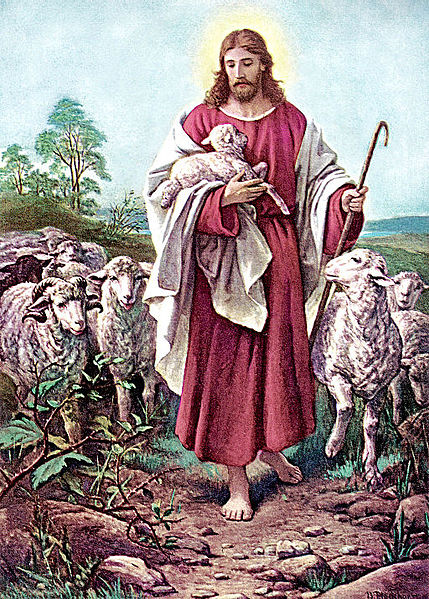
Psalm 23 Metaphors
There is somewhat of a debate surrounding the use of metaphors in Psalm 23. For instance, Graham Scroggie noted that “it is generally assumed that the figure maintained throughout is that of the Shepherd and the sheep, but it may be that that figure extends only to verse 2; that in verses 3, 4 it is the Guide and the Traveller; and in verses 5, 6 the Host and Guest” (Note 2). In contrast to this interpretation, Gordon Fee and Douglas Stewart maintained that “God is portrayed as a shepherd and the psalmist as His sheep” (Note 3). This implies that there is no shift in metaphors and that the shepherd/sheep metaphor remains constant. Fleming James maintained that the metaphor of the Shepherd shifts to the metaphor of the Host in verses 5 and 6 (Note 4). In any case, it appears as though the shepherd metaphor disappears in verses 5 and 6. Thus one may venture to agree with Scroggie’s assertion of three metaphors: the shepherd, the guide and the host; however, it is difficult to be certain of the presence of these metaphors.
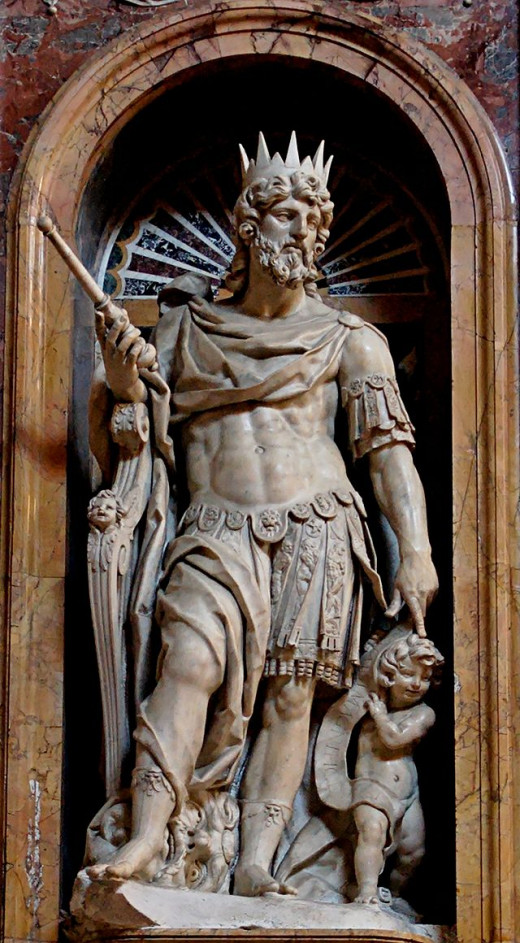
Psalm 23 Verse 1
A Psalm of David.
The Lord is my shepherd, I shall not be in want.
This verse evidently uses the metaphor that the Lord is as shepherd. David Roper noted that “David’s opening statement introduces the controlling image that appears throughout the poem. Each line elaborates the symbol, filling out the picture, showing us how our Shepherd-God leads us to that place where we shall no longer want” (Note 5). With the Lord as his shepherd, the psalmist will not be in want of anything. For it is the duty of the shepherd to provide for his flock the comforts of protection, food and water. Since the Lord is a shepherd, it is implied that the psalmist is one of his sheep. In Psalm 1, it was stated that “the Lord watches over the way of the righteous” (Psalm 1:6). It seems likely that this idea of the Lord as a watcher, looking out for the righteous, was one of the ideas that the psalmist wanted to express in Psalm 23.
The idea of the Lord as a shepherd was further elaborated upon in the Book of Ezekiel. It states “this is what the Sovereign Lord says: I myself will search for my sheep and look after them. As a shepherd looks after his scattered flock when he is with them, so will I look after my sheep” (Ezekiel 34:11-12). That passage makes the point that the Lord will look out for and take care of his followers or his “sheep.” Clearly in Psalm 23 we find this understanding of God as a shepherd.
An important element not to be overlooked is the psalms’ title. It is a psalm of David. If David did indeed write the psalm, which this article assumes, then David’s authorship becomes important for understanding the origin of the imagery of the psalm. For instance, Psalm 78 mentioned that the Lord “chose David his servant and took him from the sheep pens; from tending the sheep he brought him to be the shepherd of his people Jacob, of Israel his inheritance” (Psalm 78: 70-71). That passage describes the Lord’s calling of David. At the time of his calling, David was a shepherd. Thus, one may agree with Roper, when he asserted that “one day as David was watching his sheep the idea came to him that God was like a shepherd” (Note 6).
A Timeless Classic
Psalm 23 Verse 2
He makes me lie down in green pastures, he leads me beside quiet waters,
This verse symbolizes peace and tranquility. The Lord makes the psalmist relax. What better way for the psalmist to relax than by lying down in a pasture or walking beside quiet waters? Thus the mood expressed here is one of calm, tranquility and rest, in essence peace. In Ezekiel one finds a similar understanding of the effect of having the Lord as a shepherd. In 34: 14 the Lord stated: “I will tend them in a good pasture, and the mountain heights of Israel will be their grazing land. There they will lie down in good grazing land, and there they will feed in a rich pasture on the mountains of Israel” (Ezekiel 34: 14). This passage obviously suggests that the Lord wanted to make his followers comfortable and at ease.
Psalm 4: 8 states “I will lie down and sleep in peace, for you alone, O Lord, make me dwell in safety.” This idea of safety and trust was also brought out in verse 2. Why else would want to lie down? When one lies down they let their guard down and become vulnerable. Yet, when the Lord is with you, when he is your shepherd, he will protect you. Therefore, one may feel safe and secure in his vulnerability when he trusts that the Lord is with him. Leopold Sabourin observed that “childlike confidence in God, in peace and serenity, is the predominant note of this psalm” (Note 7).
Psalm 23 Verse 3
He restores my soul. He guides me in paths of righteousness for his name’s sake.
With the psalmist at rest, the Lord restores his soul. The feeling one gets is one of refreshment, in which the soul is refreshed and replenished. This was crucial for the psalmist because in Verse 4, he moves into the valley of death. Again, there is a stress on the Lord as a shepherd, or possibly a guide, in that he guides the psalmist in the path of righteousness. Psalm 5: 8 appealed “lead me, O Lord, in your righteousness.” Not only is the Lord a shepherd-guide, but he is a leader. Yet the psalmist was careful to note that the Lord guides him for His name’s sake. It would appear that this precluded the possibility for the psalmist to journey with the Lord to the land of the righteous, at least for the moment. The Lord wants to draw new followers to him, so the question becomes where does one find those new followers? Certainly not among the righteous – among those who already follow the Lord. Thus the journey to the valley of death can be viewed as an effort to draw sinners away from their wicked ways and into the flock of the Lord. It seems more likely, however, that this journey is the psalmist’s own journey, in which the Lord is with him.
Psalm 23 Verse 4
Even though I walk through the valley of the shadow of death, I will fear no evil, for you are with me; your rod and your staff, they comfort me.
So the journey begins, rested and replenished, the psalmist now moves through the valley of the shadow of death. One finds similar imagery in Ezekiel where the Lord stated “I will rescue them from all the places where they were scattered on a day of clouds and darkness” (Ezekiel 34: 12). The psalmist made a point to stress that he will fear no evil. He fears no evil because the Lord is with him. If he were alone, however, it is implied that he would be fearful. He finds comfort in the thought that the Lord is with him, guiding him through the dreadful valley. If the Lord was not with him, then he would be lost. The psalmist placed an enormous amount of faith and trust in the Lord. He will not lose faith in the Lord. Images of the rod and staff comforted the psalmist. Those images depict the Lord as Shepherd or guide.
Psalm 23 Verse 5
You prepare a table before me in the presence of my enemies. You anoint my head with oil; my cup overflows.
After a journey through such a miserable and despairing valley, the Lord prepares a feast for the psalmist. According to Scroggie, the Lord is now envisioned as a host, and the psalmist becomes His guest (Note 8). Here it appeared as though the metaphor shifted from the shepherd, or guide, to the host. Interestingly, Bernhard Anderson asserts a dual conception of the shepherd. He notes that “the shepherd can be portrayed from two standpoints. He is the protector of the sheep as they wander in search of grazing land. Yet he is also the protector of the traveler who finds hospitality in his tent from the dangers and enemies of the desert” (Note 9). So perhaps the metaphor of the shepherd never shifts, but remains constant throughout the psalm.
As for the imagery of this passage, Roper notes that “anointing the head with oil was a token of esteem in ancient times” (Note 10). All of this was done in the presence of the psalmist’s enemies. This could mean that God’s presence with the psalmist acts as a deterrent to the psalmist’s enemies, and therefore God has succeeded in protecting the psalmist.
Psalm 23 Verse 6
Surely goodness and love will follow me all the days of my life, and I will dwell in the house of the Lord forever.
The psalmist is confident in his blessing from the Lord. He is confident that he will dwell in the house of the Lord forever. That may be the purpose of this psalm: to arrive at the house of the Lord. The house of the Lord could possibly mean the Sanctuary or perhaps even heaven, although this seems unlikely given the earthly dimensions thus far in the entire psalm. In all probability, the house of the Lord refers to the temple in Jerusalem. The idea of the house of the Lord also appeared in Psalm 5. Psalm 5: 7 states “but I, by your great mercy, will come into your house; in reverence will I bow down toward your holy temple.” This suggests that the house of the Lord is an earthly place. Even more compelling, was Psalm 27 that explicitly linked the house of the Lord with the temple. Psalm 27: 4 states “this is what I seek: that I may dwell in the house of the Lord all the days of my life, to gaze upon the beauty of the Lord and to seek him in his temple.” James noted that “like the Author of Psalm 27 this Psalmist pictures as his highest good a lifetime spent within the temple” (Note 11). Walter Brueggemann suggested that “the end of forlornness is access to the temple, where life is ordered anew. Yet it is not the place but the vitality of the relationship which transforms. The temple comes only as a consolidation of the relationship. For one whose life has been transformed by such solidarity, a life of worshipful praise is a crown for time to come, a safe place in which to live for now” (Note 12). And so Psalm 23 concludes.
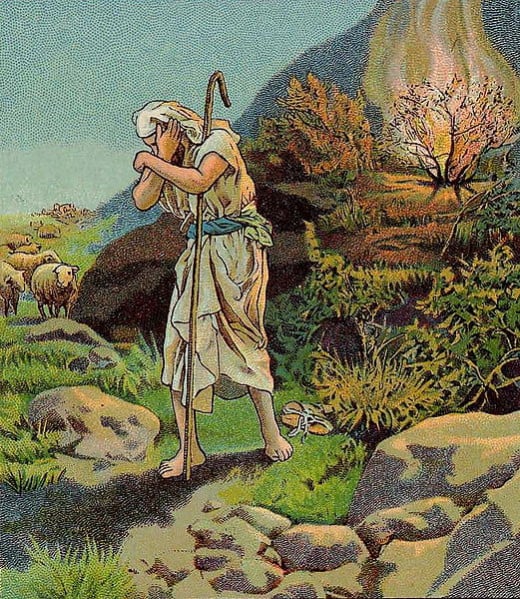
Some Final Thoughts on Psalm 23
On a more general level, it has been suggested that Psalm 23 could refer to the Exodus (Note 13). Moses was in fact a shepherd. Under the Lord's guidance he led the Israelites out of Egypt and into the desert. From there they were led into the Promised Land. According to Smith, “in the exodus, God led the people of Israel like a shepherd, and when the Israelites were in the wilderness, God was like a host to Israel” (Note 14). One finds this imagery in Psalm 78 verses 13-14. It states “he divided the sea and led them through; he made the water stand firm like a wall. He guided them with the cloud by day and with light from the fire all night.” Those passages clearly depicted the Lord as a guide, although not necessarily a shepherd. Once the Israelites were in the desert, however, the Lord acted as a host. Psalm 78 verse 19 states that “they spoke against God, saying, ‘can God spread a table in the desert?” Yet the Lord did provide the Israelites with manna (Psalm 78: 24). In any event, this understanding could be stretching the meaning of Psalm 23 a bit too far.
There are possibly some similarities between Psalm 23 and the pilgrimage psalms, particularly Psalm 122. It also describes a journey to the house of the Lord. It states “for the sake of the house of the Lord our God, I will seek your prosperity” (Psalm 122: 9). It is interesting that the psalmist mentions prosperity in regards to the house of the Lord. In Psalm 23, the notion of prosperity in the house of the Lord may have been implied, especially with the statement in verse 5 that the psalmists’ cup overflowed.
Another interesting take on Psalm 23 comes from Smith’s belief that “psalm 23 merges the psalmist’s internal experience with his external experience” (Note 15). As the psalmist travels through the land, one gets a sense of his external and internal experience. When the psalmist was in the midst of peaceful surroundings, the thought of the Lord’s presence with him comforted the psalmist. After such a journey, the psalmist dwells in the house of the Lord, presumably to enter into fellowship with the Lord. The fact that the psalmists’ ultimate goal becomes to dwell in the house of the Lord was significant because it stressed the psalmist’s efforts to be closer to the Lord: both physically and spiritually.
Conclusion
The meaning of Psalm 23 becomes clear when one examines the main ideas of each verse in succession. In the opening verse, it was implied that the psalmist had given his life to the Lord. Verse 2 implied that once you give your life to the Lord you will achieve internal peace. The Lord then restored his soul and guided him in the path of righteousness in verse 3. Verse 4 seemed to suggest that even when times are bad, have no fear because the Lord is with you and will comfort you. In verse 5, the Lord provides for the psalmist. Finally, in verse 6, the psalmist dwells in the house of the Lord. One can clearly see the linear progression to the ultimate goal of the psalm: to be closer with the Lord, by dwelling in his house. In both the physical and spiritual sense the psalmist dwells with the Lord. One can only achieve the psalmist’s goal if one has complete confidence in the Lord and allows his life to be guided by Him. Hence the meaning of Psalm 23.
Endnotes
- Bernhard Anderson, Out of the Depths: The Psalms Speak for Us Today (Philadelphia: The Westminster Press, 1983), 206.
- W. Graham Scroggie, The Psalms Vol. 1 (London: Pickering & Inglis Ltd., 1948), 145.
- Gordon D. Fee and Douglas Stewart, How To Read The Bible For All Its Worth (Grand Rapids, Michigan: Zondervan Publishing House, 1982), 170.
- Fleming James, Thirty Psalmists (New York: G.P. Putnam’s Sons, 1938), 159.
- David Roper, Psalm 23: The Song of A Passionate Heart (Grand Rapids, Michigan: Discovery House Publishers, 1984), 29.
- Ibid., 29.
- Leopold Sabourin, The Psalms: Their Origin and Meaning (New York: Alba House, 1970), 271.
- Scroggie, 145.
- Anderson, 208.
- Roper, 121.
- James, 160.
- Walter Brueggemann, The Message of the Psalms: A Theological Commentary (Minneapolis: Augsberg Publishing House, 1984), 156.
- See Mark S. Smith, Psalms: the Divine Journey (New York: Paulist Press, 1987), 64.
- Ibid., 64.
- Smith, 64.







